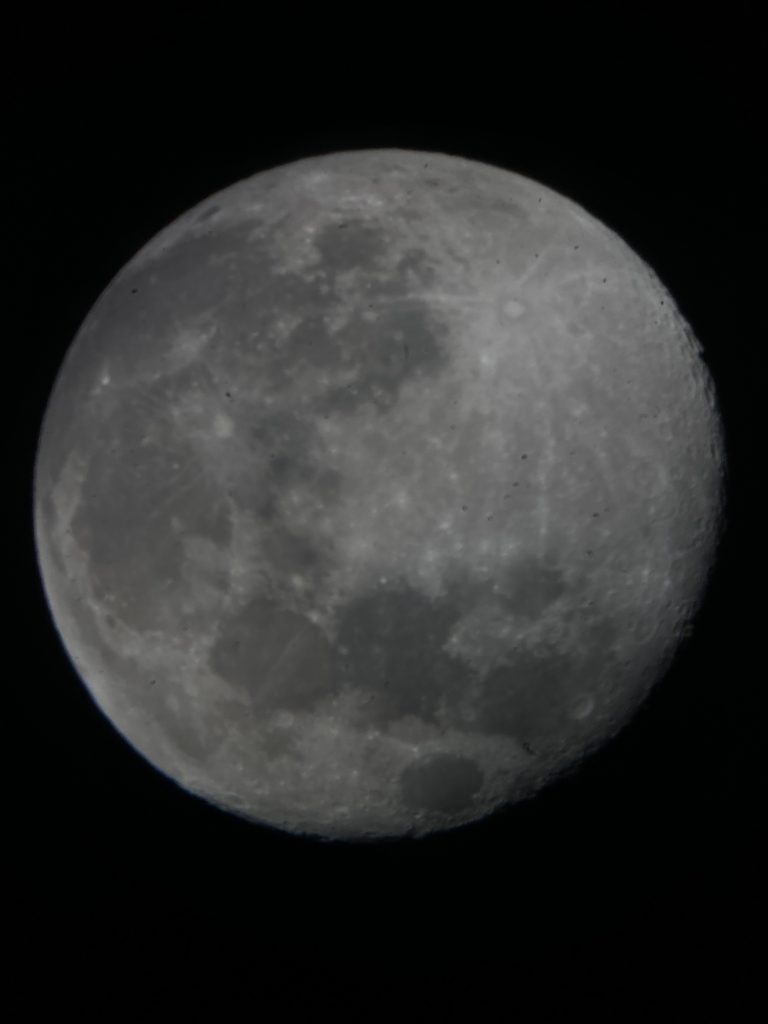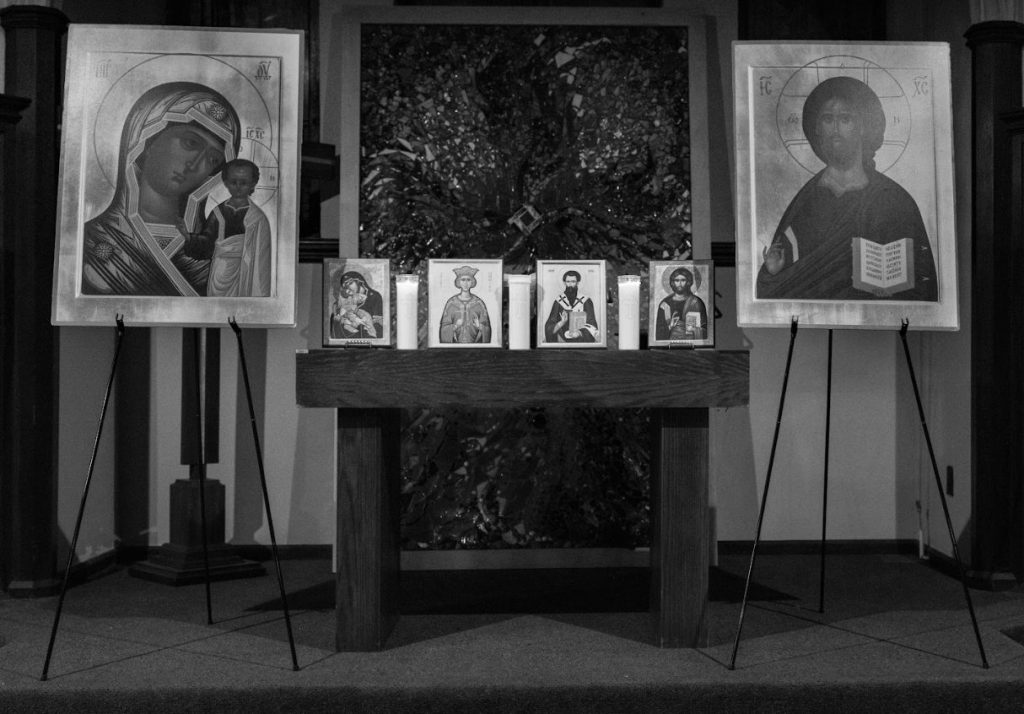
Scheduling for classes is something that every student has to do. Our General Education classes are always a pain for us to pick, especially if it is not something you have excelled at in high school. High schools always tend to give a negative connotation toward math and sciences. This makes picking college classes that much harder because you are trying to avoid sitting through another agonizing class. If this is you, fear not, because this is not the case for at least one of the sciences here at Eastern. If you need to take a Science, I suggest you take an Astronomy course with Dr. Bradstrreet.
In an interview with Dr. Bradstreet, I asked him why his class was so worth taking. Dr. Bradstreet said, “I think that every student should take an astronomy class in college because very few people ever take astronomy in high school.” He is always talking about how lucky an Astronomy student is Eastern. He boldly claims that no graduate Astronomy student even remotely has the chance to learn and study the sky and the universe that an undergraduate student at Eastern has. Over the past forty-eight years of teaching at Eastern, he has fundraised and built a state-of-the-art observatory and planetarium for his students to use. Dr. Bradstreet is one of the most passionate teachers I have had while at Eastern and he pours that into everything he does and has done for his students.
“A lot of students fail to recognize how great a blessing Dr. Bradstreet is to the Eastern community. He isn’t just a friendly face and a phenomenal professor, but he truly is one of the best there is . . . None of this would be possible without the persistence of Dr. Bradstreet who was such a big influence in the Bradstreet Observatory’s existence. He continues to create opportunities for his students that are unmatched by hardly any other university and we should be forever grateful for that!” Hailey Schreffler, one of Dr. Bradstreet’s students, said.
In the modern day, the Sciences and Christianity don’t mingle around each other too much. They’re seen as two separate entities. During every class, Dr. Bradstreet effortlessly teaches both astronomy and the faith as Eastern University strives for. Dr. Bradstreet is by far one of the best examples of faith integration in the classroom. He reinforces this idea by starting every class with a reading from the book of Luke and a small discussion about the verses he has read, and he says it is the most important part.
Dr. Bradstreet helps you to get to know the planets, stars and the universe. Still, more importantly, Dr. Bradstreets helps you get into perspective what our Creator is even remotely capable of (even though we never get it fully, but no one fully knows God anyway). Some of his students have seen this in his classes.
“I’ve learned more about God and had my faith strengthened more from cosmology and astronomy in learning about the universe and His creation than from any of my theology classes. Dr. B makes science and Christianity work together with no conflicts, which is amazing to learn about. You just can’t get that anywhere else,” Noah Weiman said.
“If you’re interested in learning the hard sciences, astronomy with Dr. Bradstreet is an essential class to take if possible. Just beware, your mind will be blown,” Benson Arnold said.
You might be asking yourself, is there any way that Dr. Bradstreet can make his classes any better? For all those who like crossword puzzles, the answer is yes. Dr. Bradstreet has created crossword puzzles for all of the vocabulary words for each chapter. Who doesn’t like a crossword?
The universe is full of things our minds can’t even begin to understand. For this reason, this class is not recommended because it is easy but rather because it is a chance to take a class that is out of this world.


